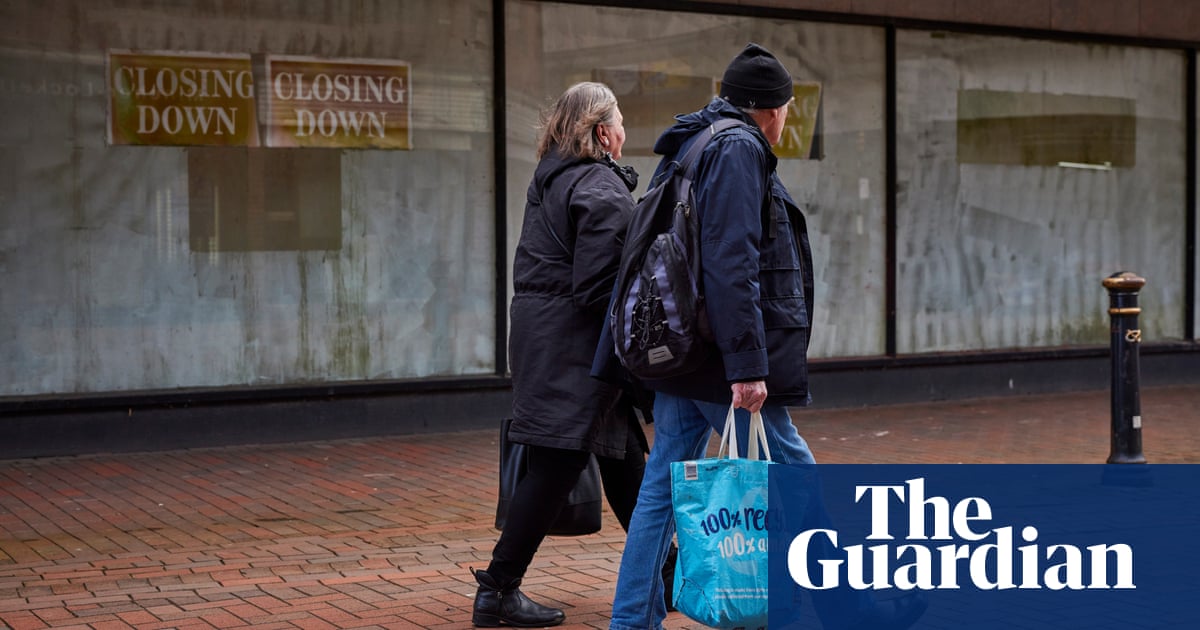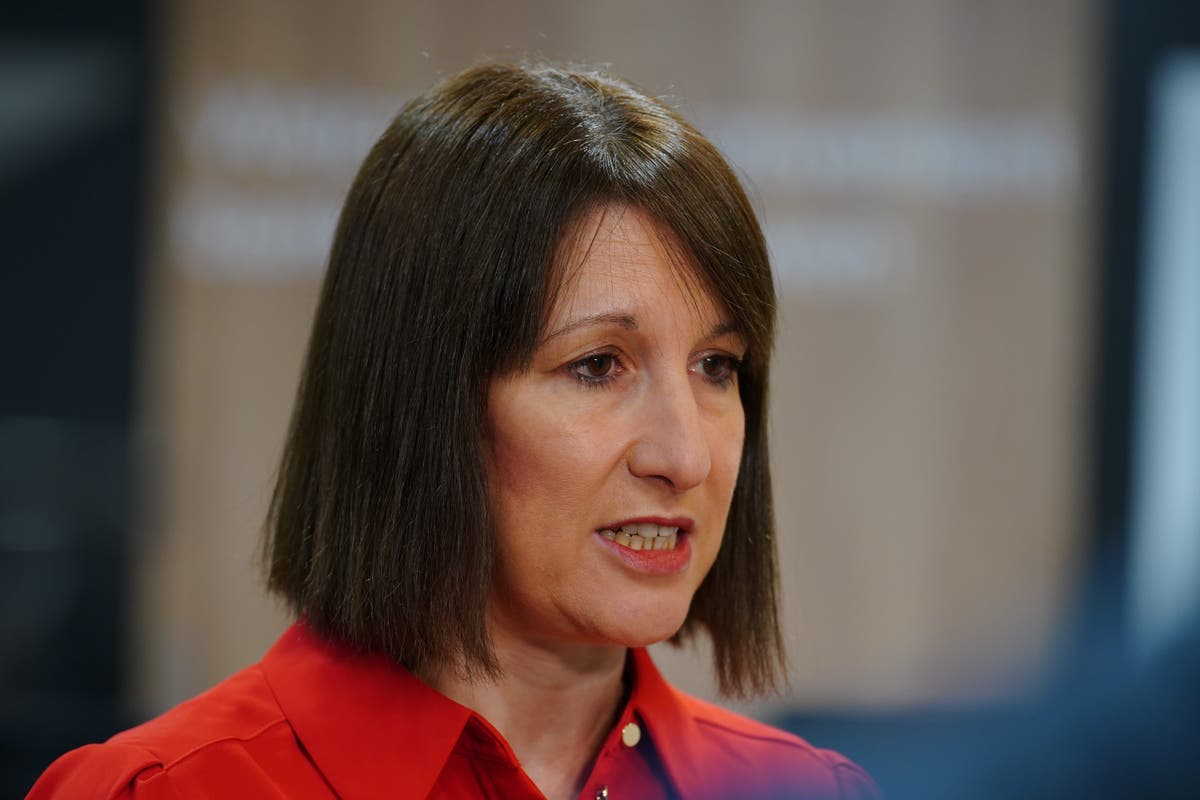Low investment blocking UK growth, says think tank

- by Admin
- June 17, 2024
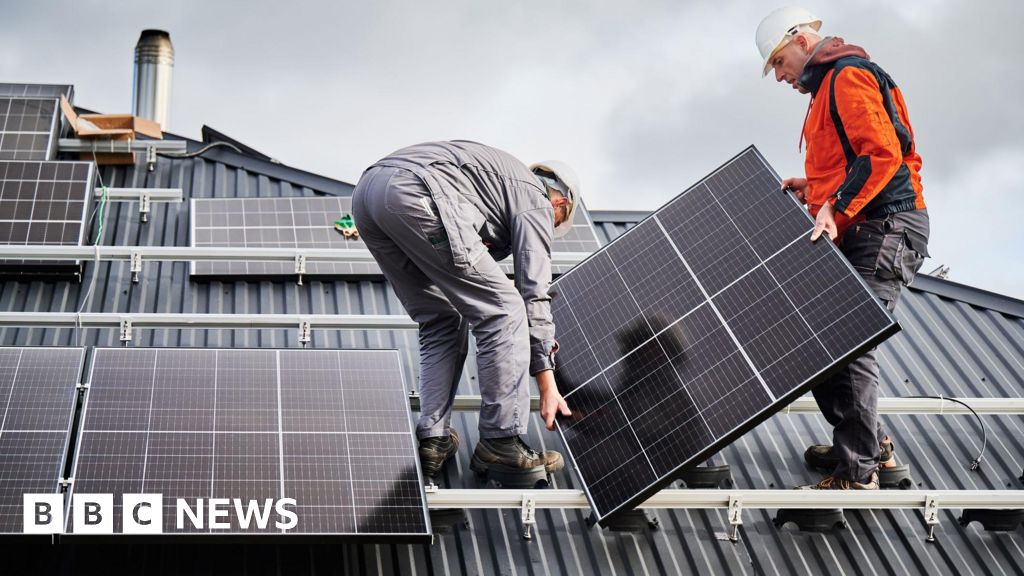
By Nick Edser, Charlotte Edwards, Business reporter
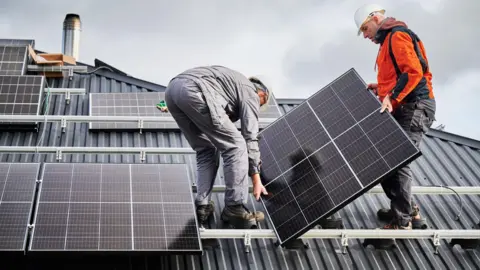 Getty Images
Getty ImagesInvestment levels in the UK remain among the worst of the world’s richest nations and unless they improve it is hard to see how the economy will grow, a think tank has said.
The Institute for Public Policy Research (IPPR) said total investment in the UK is “significantly” behind the nearest competitor in the G7 group of wealthy nations.
However, the centre-left think tank said both the Conservatives and Labour plan to reduce government investment over the next parliamentary term.
It is calling for the next government to commit to an industrial strategy and end the chopping and changing of policy in order to boost investment by private companies.
After years of sluggish growth, the question of how to improve productivity in the UK economy is one of the key battlegrounds in the run-up to the general election.
“If the economy is an engine, then investment is its fuel,” said Dr George Dibb, associate director for economic policy at the IPPR.
Spending by businesses on things like new factories, equipment and new technologies can help to boost productivity and economic output, which in turn can help to lift wages and living standards.
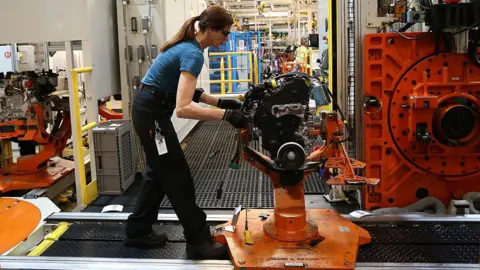 Getty Images
Getty ImagesGovernments also invest when they spend money on things such as new schools, the health service, and on new roads and railways.
However, the IPPR said that data from the Organisation for Economic Co-ordination and Development (OECD) shows that when measuring total investment – which covers both businesses and government – the UK has had the lowest level of investment in the G7 for 24 of the past 30 years.
It added that the UK currently was not just bottom of the G7 investment table with investment at 18.3% of national income, but “significantly” behind the next worst performer – the US at 21.2%.
“The UK’s dire productivity performance since the great financial crisis of 2008 is, to a large extent, the single biggest driver of our dire living standards,” the IPPR said.
“Without resources flowing into new investment, it’s hard to see how UK economic performance can improve,” Dr Dibb added.
‘It took 10 years to find the money’
Paddy Fletcher is the co-founder of the Port of Leith, a start-up whisky distillery in Edinburgh city centre.
He told the BBC’s Today programme that it had taken “10 years to find the money” to keep building the business.
He said current government tax breaks were great for persuading individuals to invest relatively small amounts in companies, but said there was a “terrible gap” when it came to attracting larger institutional investors and the government needed to step in.
“When you’re looking for one, two, three million pounds to continue to evolve your business and grow it to the next stage, you need to be taking institutional funding,” he said.
Committing to an industrial strategy
The IPPR sets out several measures to try to lift investment across the economy. These include:
- committing to a comprehensive industrial strategy to remove barriers to growth, improve certainty for business and increase co-ordination across the economy
- ending policy “copy-and-change”. The IPPR says that since 2010 there have been 11 industrial strategies or plans for growth
- reviewing fiscal rules to unleash government investment
Business groups have suggested that Brexit, political uncertainty and stringent planning regulations have all contributed to the low levels of investment in the UK.
Dr Dibb said more public sector investment in infrastructure was needed to spur private-sector investment.
Previous analysis by the Institute for Fiscal Studies suggests that current government spending plans would include a large cut to public investment over the rest of the decade.
Dr Dibb also said there had been an “over reliance” on the services sector in the UK economy, which includes everything from hospitality to hairdressing, and tends to invest at a lower rate.
What do the parties think?
- Labour’s shadow chancellor Rachel Reeves hosted a “British Infrastructure Council” meeting on Monday, with some of the biggest British and international investors. Labour’s plans also include a £7.3bn National Wealth Fund to invest in steel, ports and electric cars.
- The Conservatives point to the fact they have already given tax breaks to companies that invest and are ploughing £36bn from the altered HS2 high-speed rail line into local road, rail and buses. They also want to cut back on legacy European Union regulations that they say slow down infrastructure development.
- The Liberal Democrats have promised a new industrial strategy to give businesses more predictability and confidence.
- Reform has said it would abolish business rates payable on non-domestic properties altogether, paid for by a tax on big online retailers. It has also proposed scrapping net zero pledges to encourage more oil and gas investment in the UK.
- The Scottish National Party, meanwhile, is due to publish its manifesto on Wednesday, but a spokesperson said that it would offer “a route back to prosperity in the European Union.”
The two main parties, Labour and the Conservatives, have promised planning reform to try to boost the economy and unlock investment.
Emma Pinchbeck, chief executive of Energy UK, pointed to the problem of not being able to build onshore wind farms.
“[This is] our cheapest form of generation, and we need it to keep the lights on,” she said, adding that bureaucracy in planning slows down building offshore wind turbines.
Zack Simons, planning barrister at Landmark Chambers, said greenbelt planning laws designed to halt “urban sprawl” – the rapid expansion of cities and towns – made it difficult to build in places where it “makes sense to be concentrating our growth”.
The Latest News
-
December 23, 2024Christmas shopping from a more civilised age! As Britain is gripped by festive getaway chaos and a looming recession, how the country used to get its last-minute purchases done in style
-
December 23, 2024On board with the pilots doing one of Britain’s toughest jobs
-
December 23, 2024Christmas Travel LIVE: Traffic chaos on motorways while flights cancelled
-
December 23, 2024UK economy stagnates as GDP figures revised down
-
December 23, 2024Donald Trump taps ‘Apprentice’ producer as special envoy to UK

